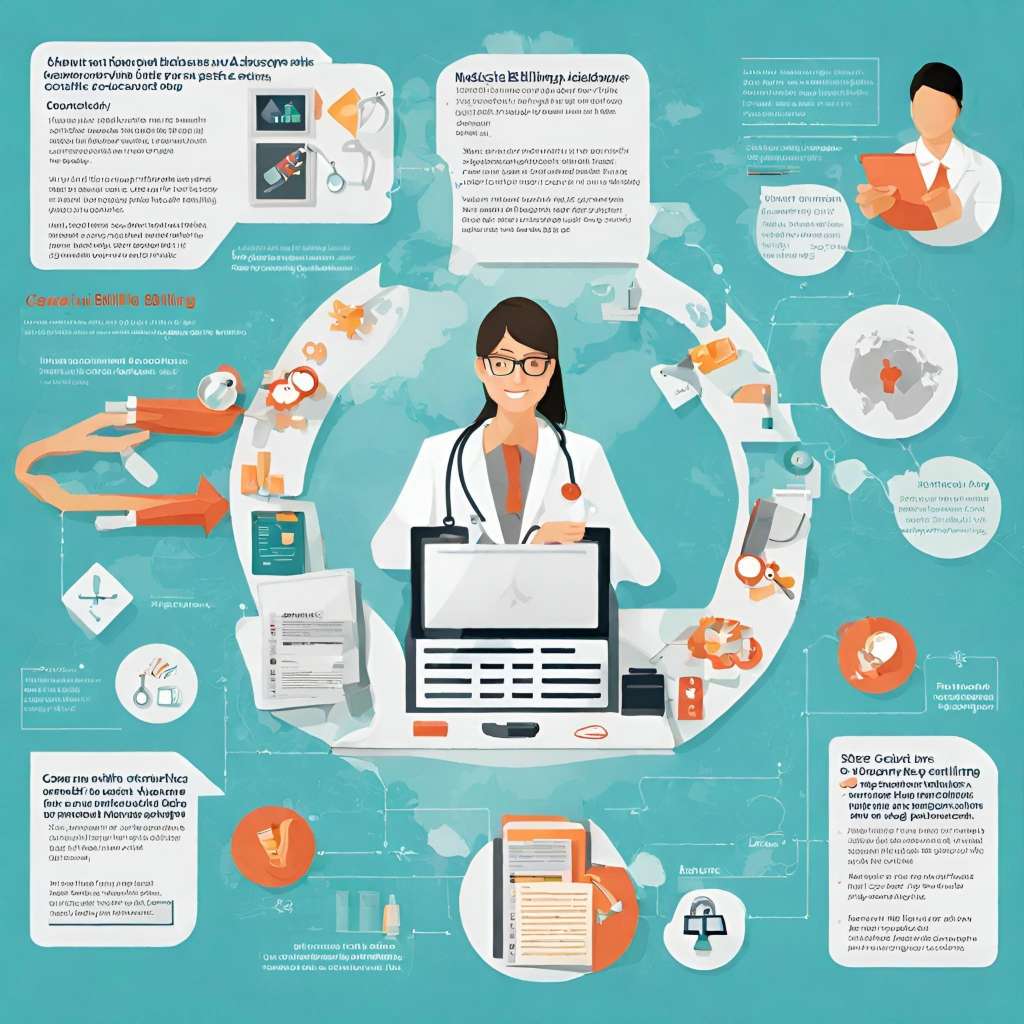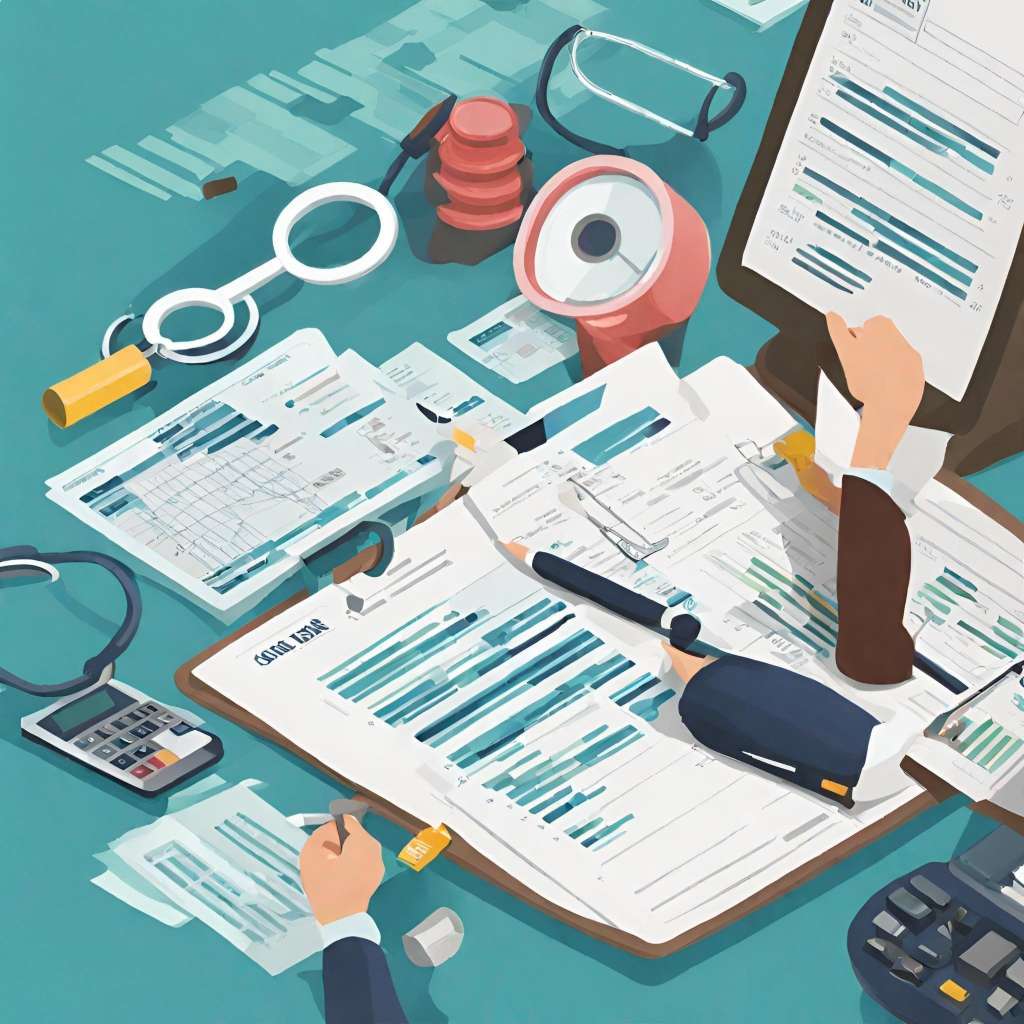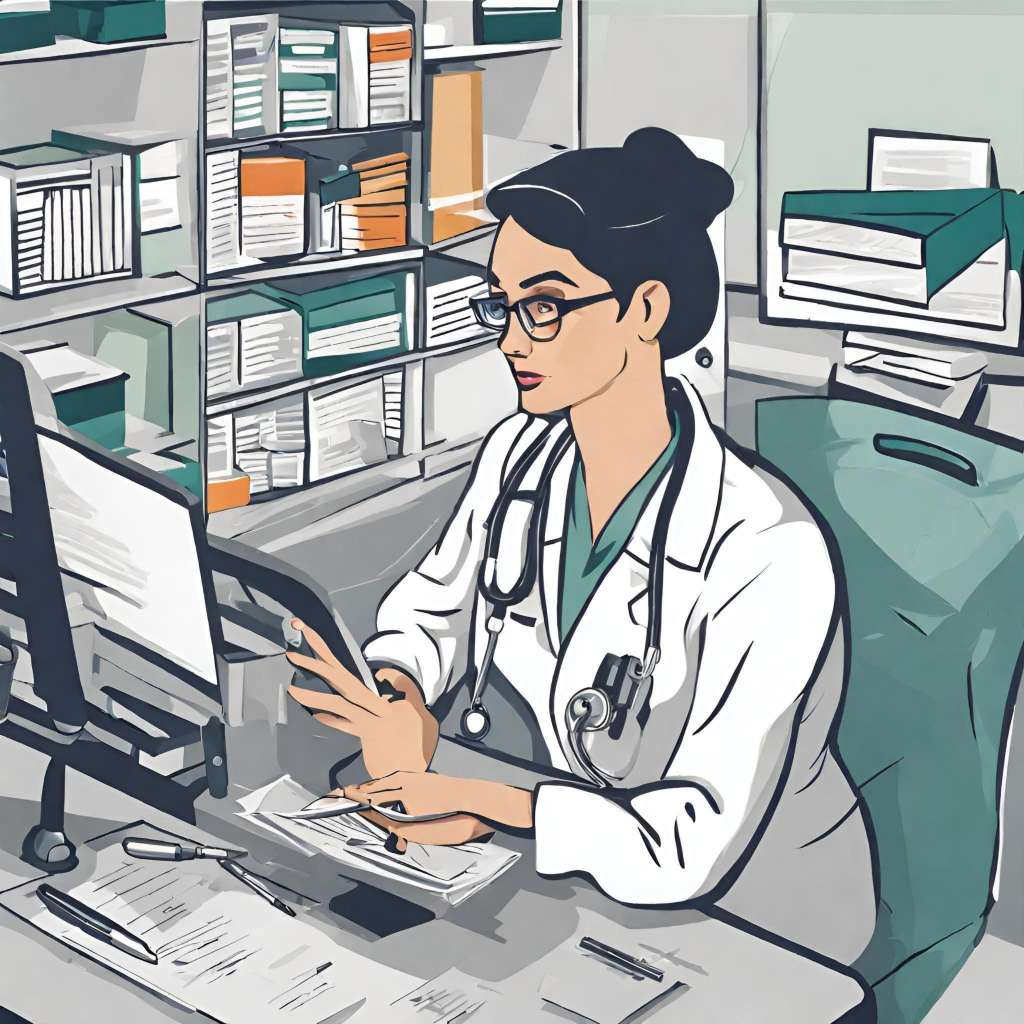Medical billing and coding is a critical component of the healthcare industry, often hidden behind the scenes, but playing a vital role in the financial and administrative aspects of patient care. If you’re considering a career in medical billing and coding, you may be wondering, “Is it worth it?” In this comprehensive guide, we’ll explore the ins and outs of this profession to help you make an informed decision.
What Is Medical Billing and Coding?

Medical billing and coding is the process of translating medical diagnoses, procedures, and services into universally recognized codes for insurance claims and billing purposes. These codes ensure healthcare providers are compensated for the services they provide, and they are crucial for maintaining accurate patient records.
Why Consider a Career in Medical Billing and Coding?
1. Strong Demand
The healthcare industry is continually growing, and the demand for medical billing and coding professionals is on the rise. As the population ages and healthcare services expand, the need for accurate coding and billing is more critical than ever.
2. Job Security

Job security in medical billing and coding is substantial. Healthcare facilities and insurance companies rely on skilled professionals to ensure proper reimbursement and compliance with regulations. This reliance provides a sense of stability in the profession.
3. Flexibility
Medical billing and coding jobs offer a range of work settings. You can work in hospitals, clinics, nursing homes, or even from the comfort of your own home. This flexibility allows you to choose a work environment that suits your preferences.
4. Competitive Salary
A career in medical billing and coding can be financially rewarding. According to the U.S. Bureau of Labor Statistics, the median annual wage for medical records and health information technicians in 2020 was $44,090. Top earners in the field can make even more.
5. Shorter Education Path
Compared to some healthcare professions that require several years of education and training, medical billing and coding programs are relatively short. You can often become certified in less than a year, which means you can start your career sooner.
How to Pursue a Career in Medical Billing and Coding

Here are the steps you should follow to embark on a journey in medical billing and coding:
1. Obtain the Necessary Education
To become a medical billing and coding specialist, you typically need to complete a certificate or diploma program in medical billing and coding. These programs are widely available at community colleges and vocational schools.
2. Certification
While certification is not always required, it can greatly enhance your job prospects. The Certified Professional Coder (CPC) credential from the American Academy of Professional Coders (AAPC) and the Certified Coding Specialist (CCS) credential from the American Health Information Management Association (AHIMA) are highly regarded certifications in the field.
3. Gain Practical Experience
Internships or on-the-job training can provide valuable hands-on experience and help you apply your knowledge in real-world situations.
4. Stay Current
Medical billing and coding guidelines and regulations are continually evolving. It’s essential to stay updated with changes through ongoing education and professional development.
Is Medical Billing and Coding Worth It?

The answer to whether medical billing and coding are worth it largely depends on your individual preferences, career goals, and priorities. However, considering the industry’s growth, job security, flexibility, and competitive salary, it’s a profession that offers substantial benefits for those who are detail-oriented, organized, and interested in the healthcare field.
If you are looking for a career with a shorter education path and the potential for a stable job, then medical billing and coding may be the right choice for you. Plus, the ability to work in various healthcare settings and even remotely provides added convenience and flexibility.
Role of Billing Companies
Accurate Coding
Medical coding is the process of translating medical diagnoses and procedures into standardized codes for billing purposes. Coding errors can lead to claim denials, delays in reimbursement, and potential legal issues. Billing companies employ certified coders who are well-versed in ICD-10 (International Classification of Diseases, 10th Edition) and CPT (Current Procedural Terminology) coding guidelines. These experts ensure that medical records are accurately coded, reducing the risk of billing inaccuracies.
Claim Submission and Tracking
Billing companies are responsible for submitting claims to insurance companies and government payers on behalf of healthcare providers. They use electronic claim submission systems that expedite the process and reduce the chances of errors. Furthermore, they track the status of claims, promptly identifying and addressing any issues that may arise during processing.
Revenue Cycle Management
A key function of billing companies is managing the revenue cycle for healthcare providers. They follow up on unpaid claims, resolve denials, and ensure timely payments. This comprehensive approach to revenue management optimizes cash flow and allows healthcare providers to focus on patient care.
Compliance and Regulation
The healthcare industry is heavily regulated, with constantly changing guidelines and laws. Billing companies stay up to date with these regulations, ensuring that healthcare providers remain compliant. This includes adherence to the Health Insurance Portability and Accountability Act (HIPAA) to protect patient data and other healthcare regulations.
Patient Billing and Inquiries
Billing companies are often responsible for generating patient statements and managing patient inquiries regarding their bills. Clear and accurate patient billing is essential for maintaining patient satisfaction and timely payments. Billing companies provide patients with a point of contact for questions and concerns, relieving healthcare providers of this administrative burden.
Cost Reduction
Outsourcing medical billing and coding to specialized companies can significantly reduce the operational costs for healthcare providers. Billing companies have the infrastructure and expertise to handle these tasks efficiently and cost-effectively.
Technology Integration
Billing companies utilize cutting-edge healthcare information technology to streamline their processes. This includes Electronic Health Records (EHR) systems and practice management software, which can be integrated to improve efficiency and accuracy.
Improved Focus on Patient Care
By entrusting the intricate billing and coding processes to specialized companies, healthcare providers can concentrate on their primary objective: patient care. This results in improved patient outcomes and overall satisfaction.
Understanding the Key Differences

Medical Coding:
What is Medical Coding?
Medical coding is the process of translating medical procedures and diagnoses into universally recognized alphanumeric codes. These codes serve as a common language used in healthcare to document and communicate patients’ medical histories, conditions, treatments, and services provided by healthcare professionals.
Role of a Medical Coder:
Medical coders are responsible for reviewing patients’ medical records and extracting relevant information to assign the appropriate codes. They must be meticulous, detail-oriented, and knowledgeable about various coding systems, such as ICD-10 (International Classification of Diseases) and CPT (Current Procedural Terminology).
Importance of Medical Coding:
Accurate medical coding is crucial for insurance claims and reimbursement. It helps healthcare providers avoid claim denials, reduces the risk of fraud, and ensures that medical records are standardized for research and analysis.
Medical Billing:
What is Medical Billing?
Medical billing is the process of submitting and following up on insurance claims to ensure healthcare providers are compensated for their services. It involves generating invoices, verifying insurance coverage, and communicating with insurance companies and patients to facilitate payment.
Role of a Medical Biller:
Medical billers are responsible for preparing and submitting insurance claims, tracking the status of claims, and resolving any issues that may arise during the reimbursement process. They need a solid understanding of insurance policies, healthcare regulations, and the billing software used in healthcare settings.
Importance of Medical Billing:
Efficient medical billing is essential for healthcare facilities to maintain a steady cash flow. It ensures that healthcare providers properly document the services provided, bill them accurately, and receive prompt reimbursement, allowing them to continue offering high-quality care to their patients.
Key Differences :
Nature of Work:
- Medical coding involves translating medical information into codes.
- Medical billing involves submitting claims, invoices, and processing payments.
Skill Sets:
- Medical coders need strong analytical and coding skills.
- Medical billers require knowledge of billing software and insurance regulations.
Focus:
- Medical coding focuses on accurate documentation of medical services.
- Medical billing focuses on the financial aspects of healthcare, ensuring that healthcare providers are compensated for their services.
Timing:
- Medical coding usually occurs before the billing process.
- Medical billing follows medical coding, using the coded information for reimbursement.
Recent Comments